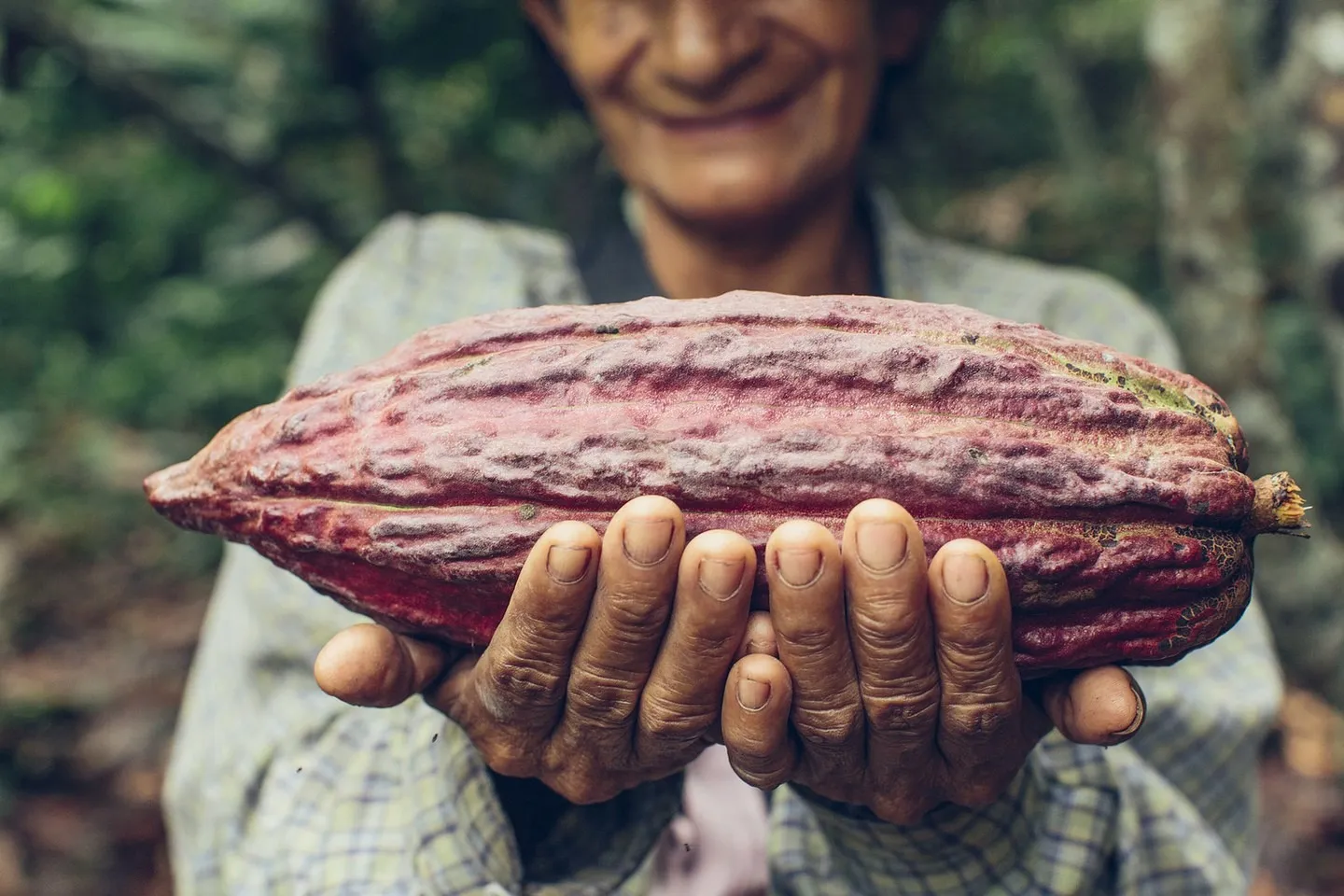Can Cocoa Fuel Combat Climate Change?

The subhead states:
If you like chocolate you’ll love this: the same tree that provides your indulgent treat is helping to slow climate change, thanks to cocoa fuel.
“Cocoa beans are extracted from inside the pod husks of the cocoa tree. Husks are usually discarded during the production process.
“Now, in a project led by specialists at the University of Nottingham in the UK, the plan is to use the husks as feedstock in bio-fuel energy installations.
“In the past, this waste material was under-utilised. However, feasibility studies indicate that cocoa pod husks could be converted into valuable biofuels and become an important energy supply for rural areas that have only 15 per cent electricity coverage at present.”
“The plan is to design, build and put into operation small-scale bio-power electricity generation units that would burn cocoa pod husks in a gasification system. Each unit, which would include a gasifier, a small generator and a solar drier and pelletiser, would cost an estimated US$50,000.
“Not only would the units help deal with Ghana’s chronic energy problems but it would also assist in the battle against deforestation, a serious problem for cocoa farmers.”
What the article fails to mention is that pods are most often left to rot in the farm, acting as one of the largest sources of agricultural inputs (fertilizer) on many farms. While removing the pods from farms and using them as source for biofuels is possible, there is the requirement to find a replacement for the pods as a source of fertilizer and the impact that might have on the economics of the project, including the cost of labor to transport the pods off the farm to a central collection center for processing. The article also fails to discuss the scale of production and conversion the proposed US$50,000 system entails. How many farmers and hectares of farm at what level of production would keep the system at full production and how would the farmers use the energy produced? Burn the biofuel directly? Run local generators? There’s no grid distribution for electricity from a central generator.
And would it actually combat deforestation? Reduction in fertilization could reduce productivity which could lead to cutting down forest to expand plantings.
Read the full article here. Reposted from Climate News Network.
What are your thoughts? Share them in a comment below.
David – thanks or the corroboration … from someone who is much closer to the farm than I am.
I also realize that pods on their own are not enough, they are an input, and are not a 100% replacement (in part because nothing is replacing the nutrients in the seeds).
I would like to tackle some issues about that.
- Cacao pod contains a lot of nutrients needed during fruit development. It can have at least 4 times the potassium per kilogram compared to the beans.
- It’s also an important source of organic matter, due to the volume of production.
-But, pod decomposition, should not be considered an input to the soil nutrients nor a stand-alone fertilization unless enriched with sources from outside the farm.
I know there are a lot of farmers and institutions which consider composting the pods and using this product as a fertilizer, but this is merely returning nutrients taken by the plant to the soil at some extend, and it won’t add nutrients or balance their quantities.
Long story short, never take the pods out of the system, yet compost, use and compliment nutrition with external sources.